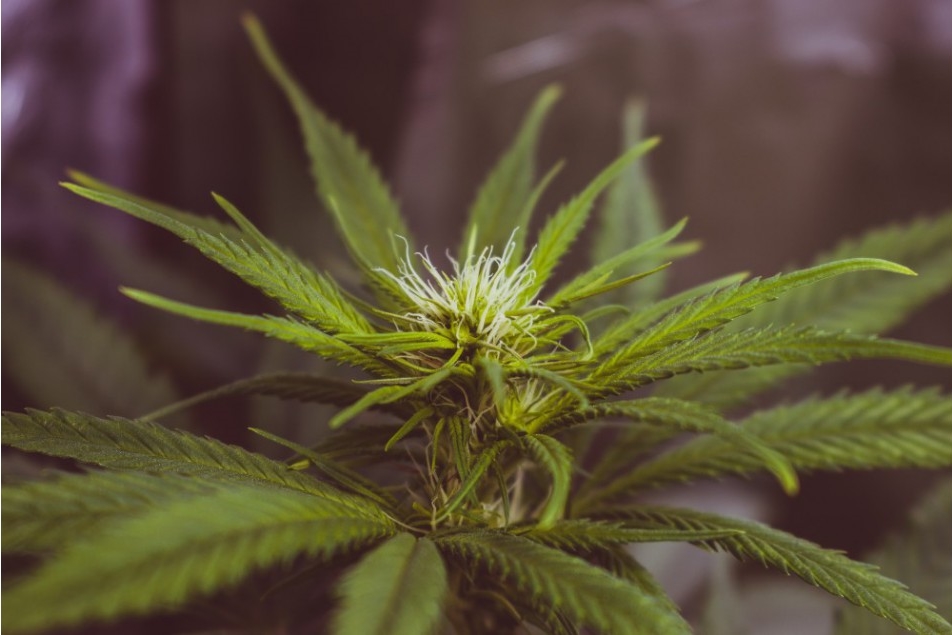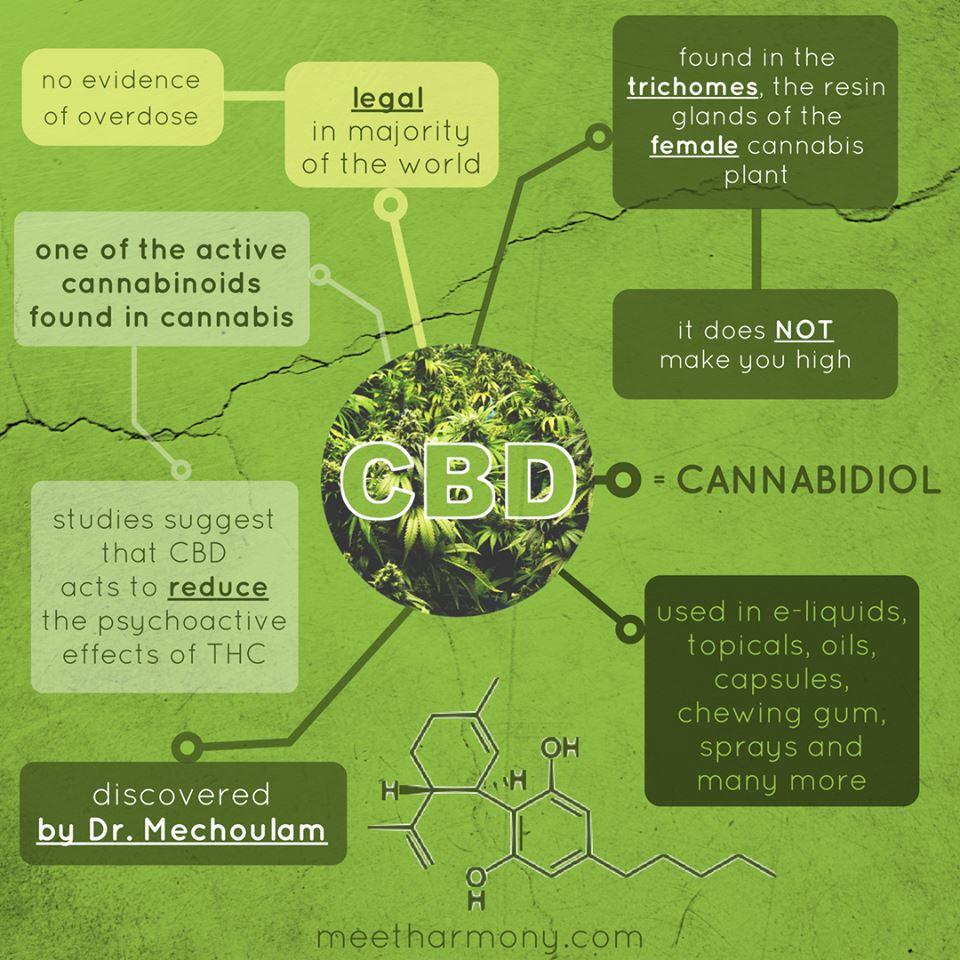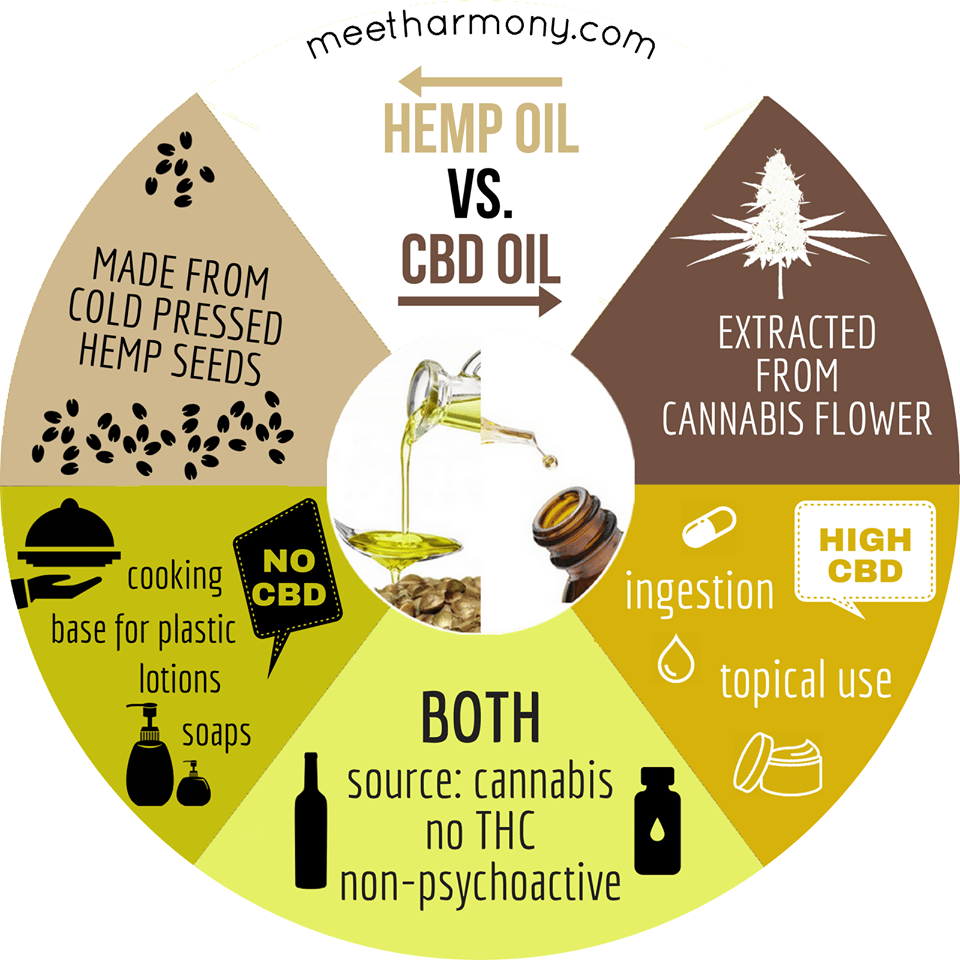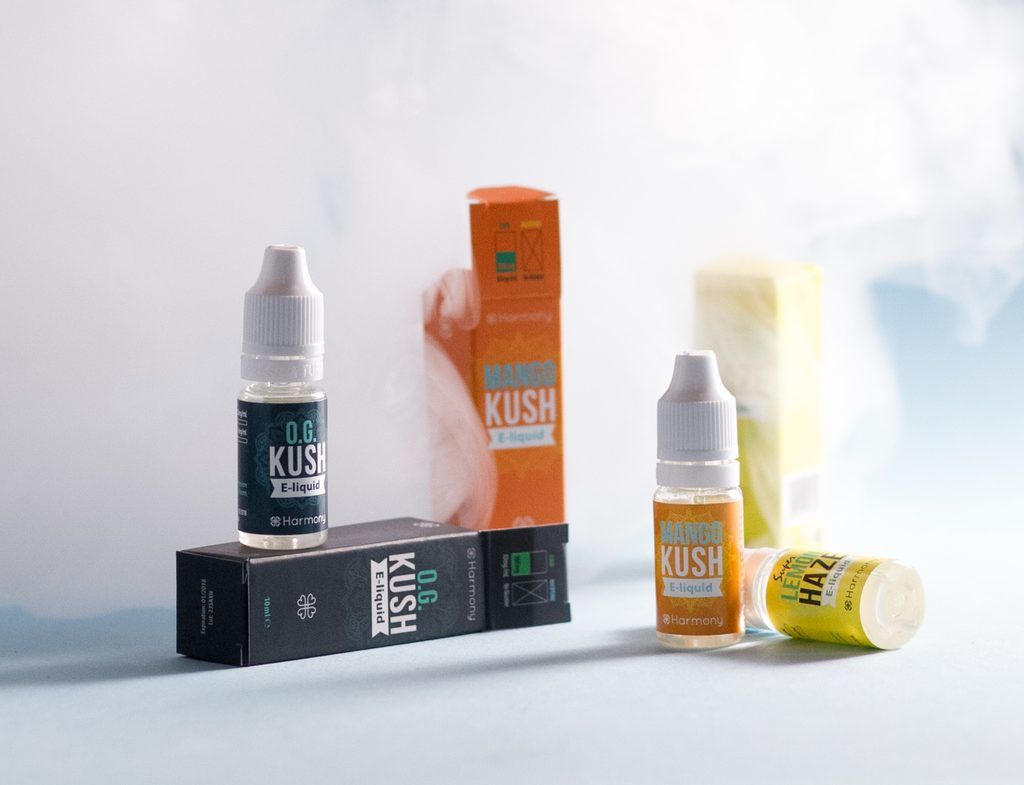CBD Oil vs Hemp Oil

Confusion about the difference between hemp and cannabis oil has spiked recently due to the increase of cannabis-based products available on the market. Variety is a great thing considering every individual requires different concentrations and delivery methods.
If you are new to cannabis vape oils or products, it can be difficult to know what is what.
In this article, we break down the differences between hemp oil (also known as hemp seed oil), cannabis oil and CBD vape oil.
Hemp and Cannabis: Whats the difference?
When trying to wrap your head around the differences between hemp and marijuana, it is essential, to begin with one simple fact. Both hemp and marijuana come from the same species of plant.
“A Practical and Natural Taxonomy for Cannabis” published in 1976 explains:
“Both hemp varieties and marijuana varieties are of the same genus, Cannabis, and the same species, Cannabis sativa. Further, there are countless varieties that fall into further classifications within the species Cannabis Sativa.”
Their main difference, primarily in regards to oils, is in the number of cannabinoids (such as THC and CBD) that they contain.
There are close to four hundred natural compounds in both marijuana and hemp. Understanding the two most prevalent, tetrahydrocannabinol (THC) and cannabidiol (CBD), is the key to understanding the difference between hemp oil and cannabis oil. THC is the cannabinoid responsible for giving a high or ‘stoned’ feeling. CBD, on the other hand, is not psychotropic. Recently it has attracted a lot of attention from researchers, experts, and entrepreneurs.

Hemp Seed Oil
Hemp seed oil is an extract from the seeds of industrial hemp. Industrial hemp is the only plant used in crafting this type of hemp oil. Hemp seeds are cold pressed, peeled or unpeeled, to create a delicious nutty oil.
Hemp seed oil is known for its nutty taste and high levels of unsaturated fats, such as Omega 3 and Omega 6. It is used in many different applications from lotions to soaps, as a base for plastics instead of petroleum, and in eco-friendly paints.
There are no cannabinoids, such as THC or CBD, present in hemp oil as the seeds are not psychoactive. Hemp oil is legal in most countries and found in food markets, together with more common types of oil, such as olive or coconut.
Cannabis Oil
Cannabis oil is produced by extracting the resin of the female cannabis plant using a solvent. After the resin is dissolved in the solvent, it is evaporated leaving a concentrated extract behind. What is left is an extract with THC and/or CBD, that can be blended with hemp seed oil, olive or other types of carrier oils to facilitate ingestion. Cannabis vape oils contain varying levels of THC and can knock out even the most experienced of smokers.
CBD Oil
CBD-Rich Oil is a type of oil that contains CBD but does not contain THC.
CBD-Rich oil is extracted from cannabis flowers, mainly from CBD rich hemp strains. This extract can then be mixed with hemp seed oil, olive oil or other types of carrier oils to facilitate ingestion. CBD-Rich oil products are non-psychoactive and cannot be vaped, most often it is either added to food and drink or easily dropped under the tongue.

CBD e-liquids are made for vaporizers or electronic cigarettes. Usually, hemp extract or pure CBD is mixed with a classic e-liquid base called PG/VG. The e-liquids are then inserted into a cartridge or atomizer for an electronic cigarette. You may see the CBD vape oil used interchangeably with CBD e-liquids, so keep that in mind and don’t vape your regular CBD-rich oil unless you want a not so enjoyable experience.

Warning
Not all hemp and CBD products are the same. They can be potent and powerful products, but poorly manufactured hemp CBD products can contain dangerous chemicals, or ingredients other than those listed on the label. The FDA is aware of the confusion regarding CBD products and has made a statement on their website:
“The FDA has tested those products and, in some of them, did not detect any CBD. It is important to note that these products are not approved by FDA for the diagnosis, cure, mitigation, treatment, or prevention of any disease, and often they do not even contain the ingredients found on the label. Consumers should beware purchasing and using any such products.”
With all the contradicting information available online, it is essential for consumers to do their research using trusted sources.
Article courtesy of Harmony (http://www.meetharmony.com)
